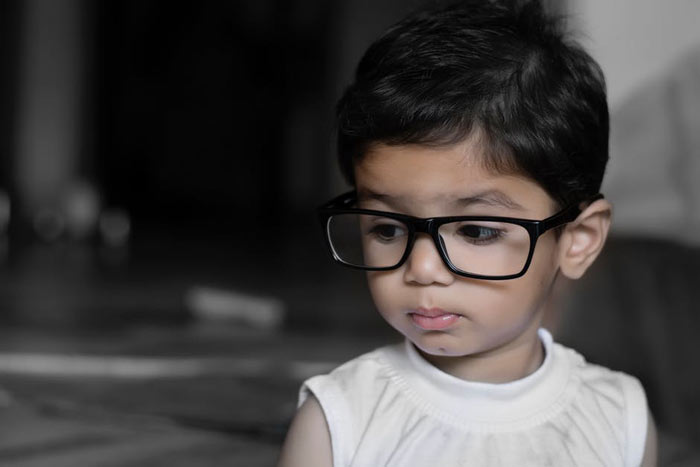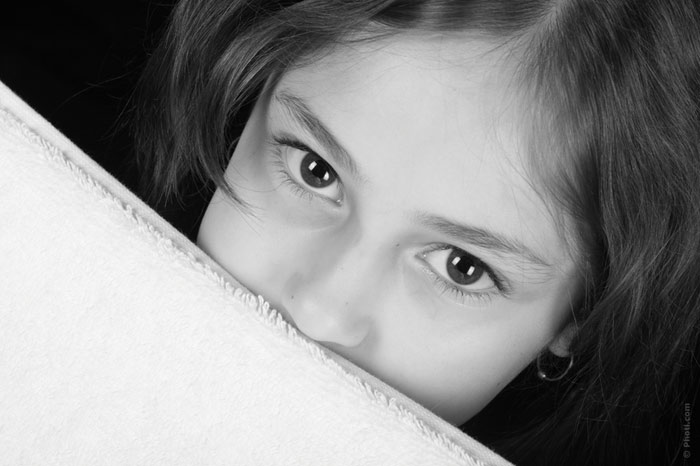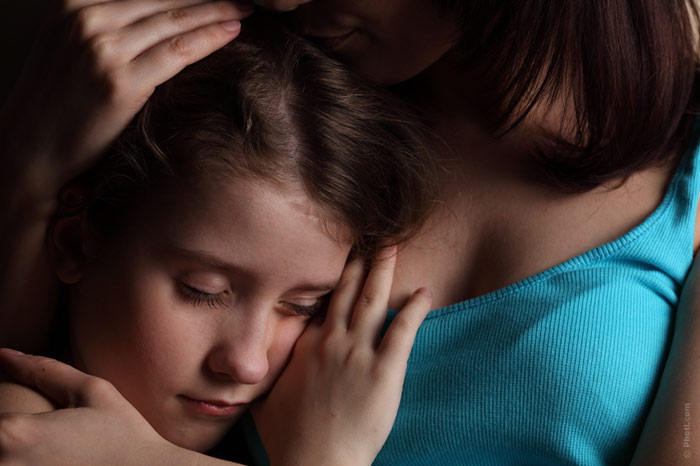How to Talk about Death with Children?
Every child once starts asking questions about death. These questions are unexpected and sometimes frighten the parents. How can you answer the most difficult questions correctly and how will you talk with the child, if the loss has affected your family? We have collected a few universal tips.
“Everyone will die, but will I stay?”: How to talk about death with the child
From three to five years, most children have questions related to death. At this age, the child begins to realize that death is more than separation. The first reaction of the child is acute and manifests itself in tears and rejection. The parents’ primary task is to keep calm. Children are always sensitive to their parents’ feelings. If the mother is embarrassed or frightened, the child will be aware of the unspoken words and feel anxious.
How to answer children’s questions about death correctly?
Of course, the answer will depend on the parents’ worldview and religion. But there are several universal rules:
The answer should be as simple as possible
Do not overload children with the information they are not ready to perceive. Answer the question directly. For example, if the child, being interested in the history of the family, asks where his great-grandfather is, the answer will be – he died. If there are no further questions, stop here. Remember: the only questions the child asks are the ones that imply answers the child is ready to understand.
Be careful with comparisons and metaphors
For example, it is not necessary to talk about a deceased person who has fallen asleep. The child may develop the fear of falling asleep. When used in relation to the deceased, the word “gone” is not the best one to use: children’s thinking is very specific. Imagine what the child will feel when you use the word “gone” in the context of shopping. Do not focus on a disease that precedes death. If a child has an associative chain that “illness eventually ends with death,” he will be worried about any cold.
“Mom, will you die?” Will I die?”
This question should be answered gently, but firmly – yes. Trace the entire life path with your child. Tell that the mother will die in her senior age, after the child grows up, finishes school, finds an interesting job, and starts his/her own family.
Be patient
The child will ask such questions again and again. You will need to say that our life is arranged according to certain rules: every person is born, lives and dies, but there is plenty of time from birth to death.
Tell the child about religions and cultures
During your leisure time, read books about different cultures and religions together with the child. Tell him that some peoples do not take death as a tragedy, but as a joyful meeting of the deceased person with God. Someone believes in endless rebirths, and in Mexico, for example, they celebrate the Day of the Dead as a colorful carnival.
Being aware of the finiteness and inevitability of death is a necessary stage of the child’s growing up. If children do not have this stage in their childhood, it will necessarily have an impact at a more mature age, when it will be more difficult to cope with this.
When grief comes to the family
We have talked about the situations where a child asks about death hypothetically. What if grief has come to the family – what if a close relative dies or has already died?
In many countries, the ritual of saying goodbye to a dying person is quite common. Both adults and children get an opportunity to tell that person all the most important things, and it is easier to survive the loss. However, such a ritual is possible only if both the relatives and the person are ready to admit that dying is inevitable.
After the death of a dear person, parents face a dilemma: should the child be taken to the funeral? There is no single answer to this question: it all depends on the psychological state of adults. It is important to understand that a child’s presence at the funeral will require an extra effort: the child will ask questions, and one will have to get distracted from their own emotions.
In addition, during the funeral children can behave differently than adults expect: they may not grieve and comment loudly on what is happening. They may even get bored and ask to play with them.
The best option is for the child to be accompanied by someone less involved emotionally in the common grief of a funeral ceremony: a distant relative or a friend. Such a person can talk about everything patiently and, if necessary, leave the ceremony with the child ahead of time.
If parents decide not to take the child to the funeral, it is still necessary to arrange a farewell ritual: after some time, bring the child to the cemetery or light a candle in the church.
A farewell procedure ensures the completeness of the process of dying. If you do not make it final, the child will have an uneasy feeling of understatement and will lose support. It is wrong to conceal the death of a relative from the child. Children see what is happening. For instance, they know that their beloved grandmother was ill for a long time, and now both mom and dad are sad, but they say nothing. As a result, there are neuroses with far-reaching consequences: perhaps in the future such a child will be afraid to have long-term relationships fearing that a close person will suddenly disappear forever? Of course, when children learn about the death of a close relative, they cry and miss that person. But tears help to survive grief and soften it.
The child finds it hard to admit that the deceased person is no longer near. It is important to explain that the deceased person still remains in our memories.
To do this, you can create a “memory box” and put the memorabilia that linked the child with the deceased person in that box – postcards, toys, photographs. Let this box belong only to the child, and when he/she feels sad about the deceased person – the child will open it and recall the relative while looking at the things. Over time, instead of grief and sorrow, light sadness will come, and the child will have dear memories for the rest of their life.
What to read?
The Death Book by Pernilla Stalfelt
The Swedish writer argues that death is inevitable. But her book is simple, comprehensible, and not sad at all.
What to watch?
The Coco cartoon, Disney
This cartoon is about a Mexican festival – the Day of the Dead, the boy’s adventures in the other world, and how important it is not to forget the dead and feel connected with your family.




